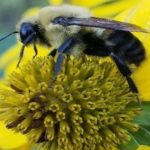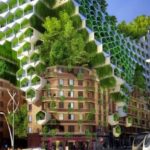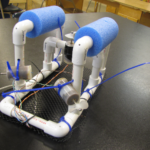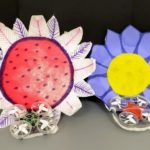TRAILS 2.0 offers a place-based learning context that enables students to explore their local environment and connect with STEM professionals from their region.
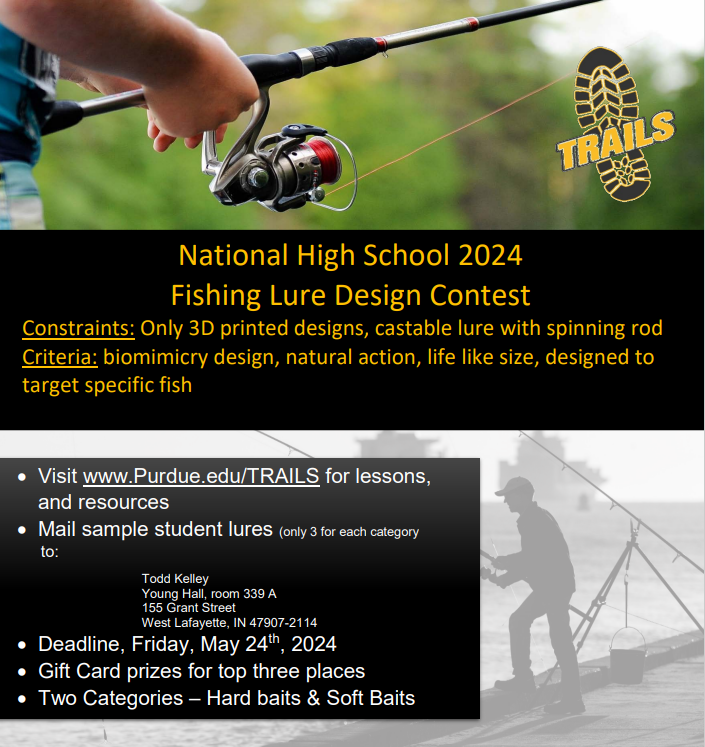

This project is supported by the National Science Foundation, award # DRL – 2148781 (Purdue University) / 2148782 (University of Hawaii). Any opinions, and findings expressed in this material are the authors and do not necessarily reflect the views of NSF.

© Copyright 2019 TRAILS – All rights reserved. Use of this website signifies your agreement to the Creative Common License CC BY-NY-SA.


